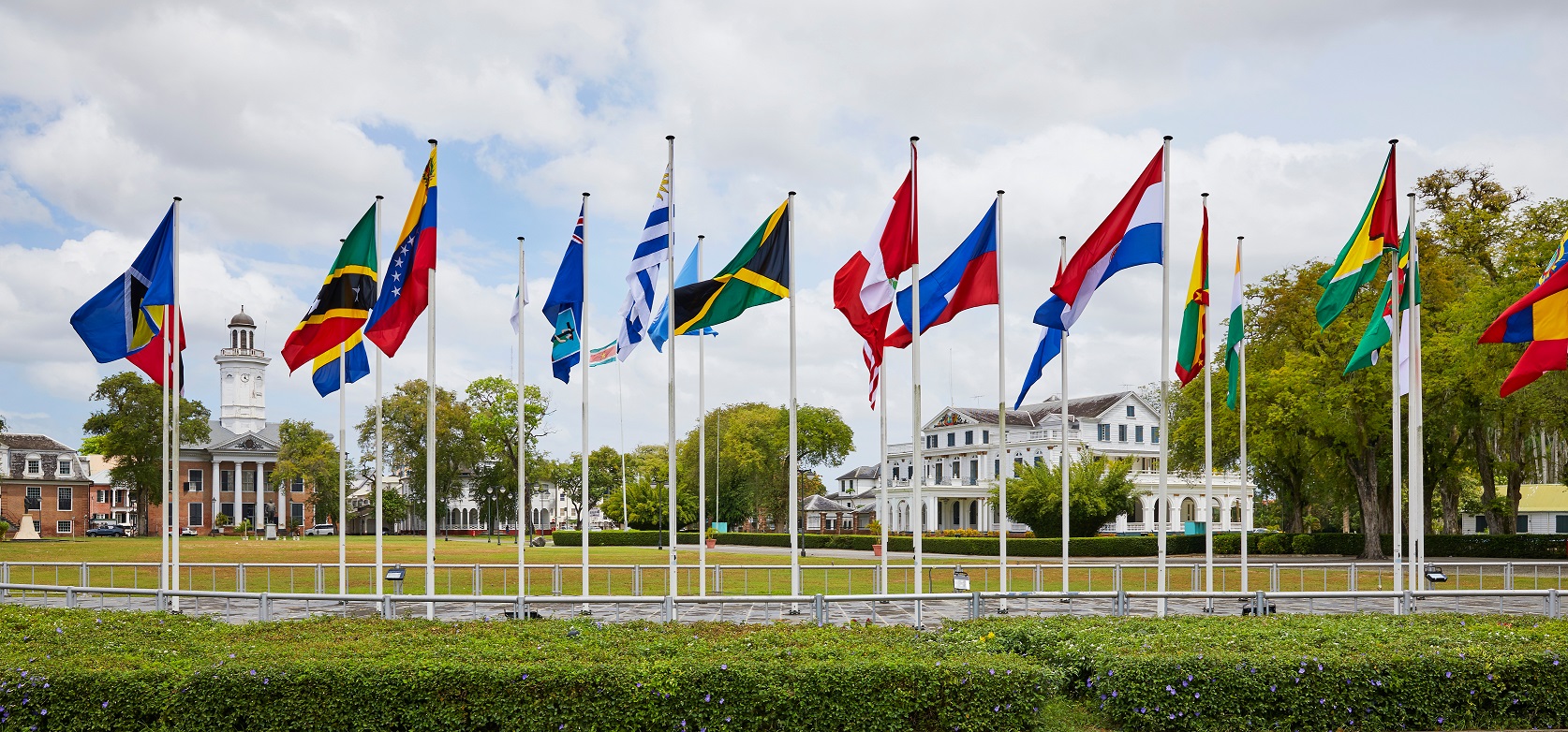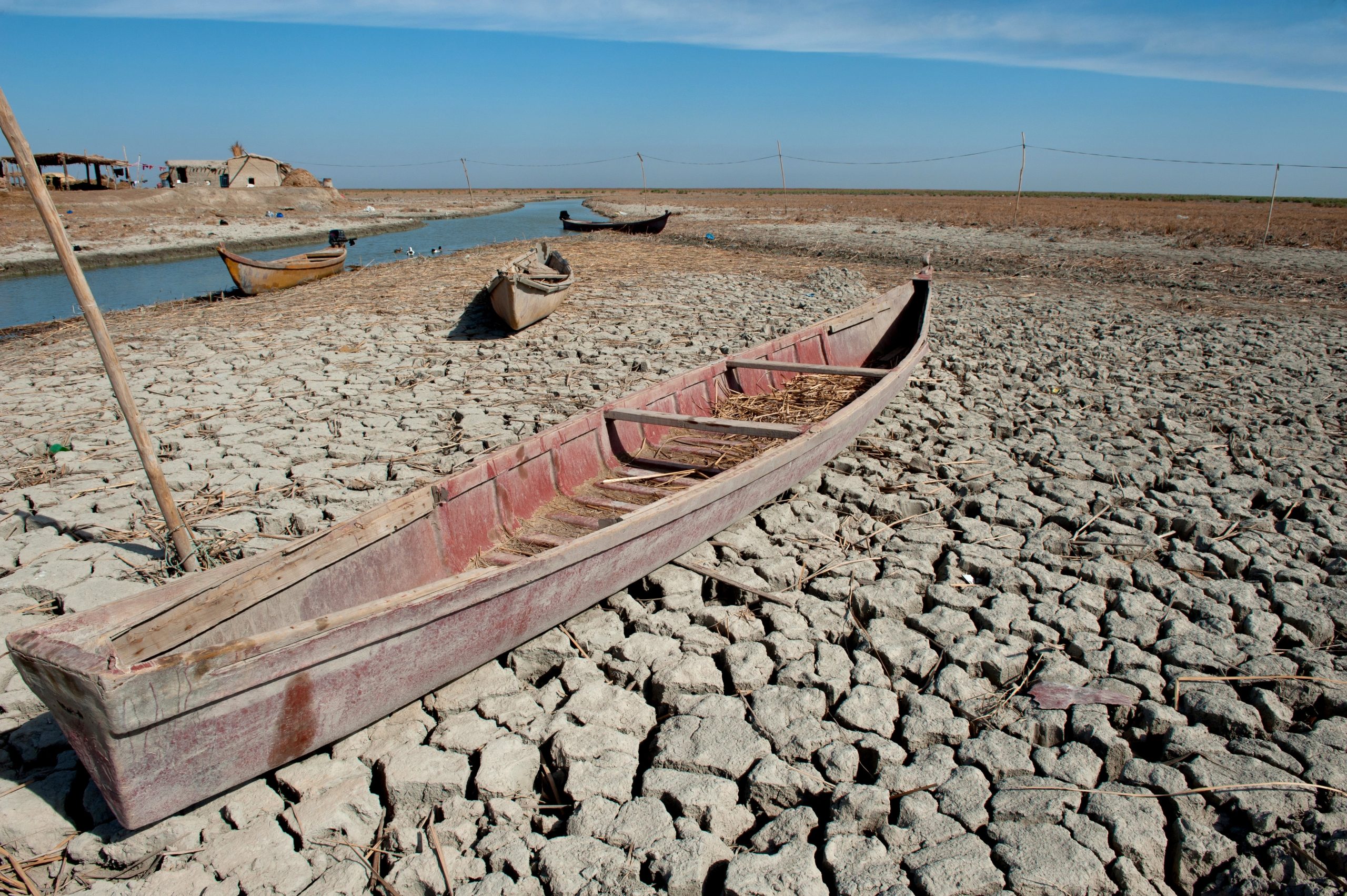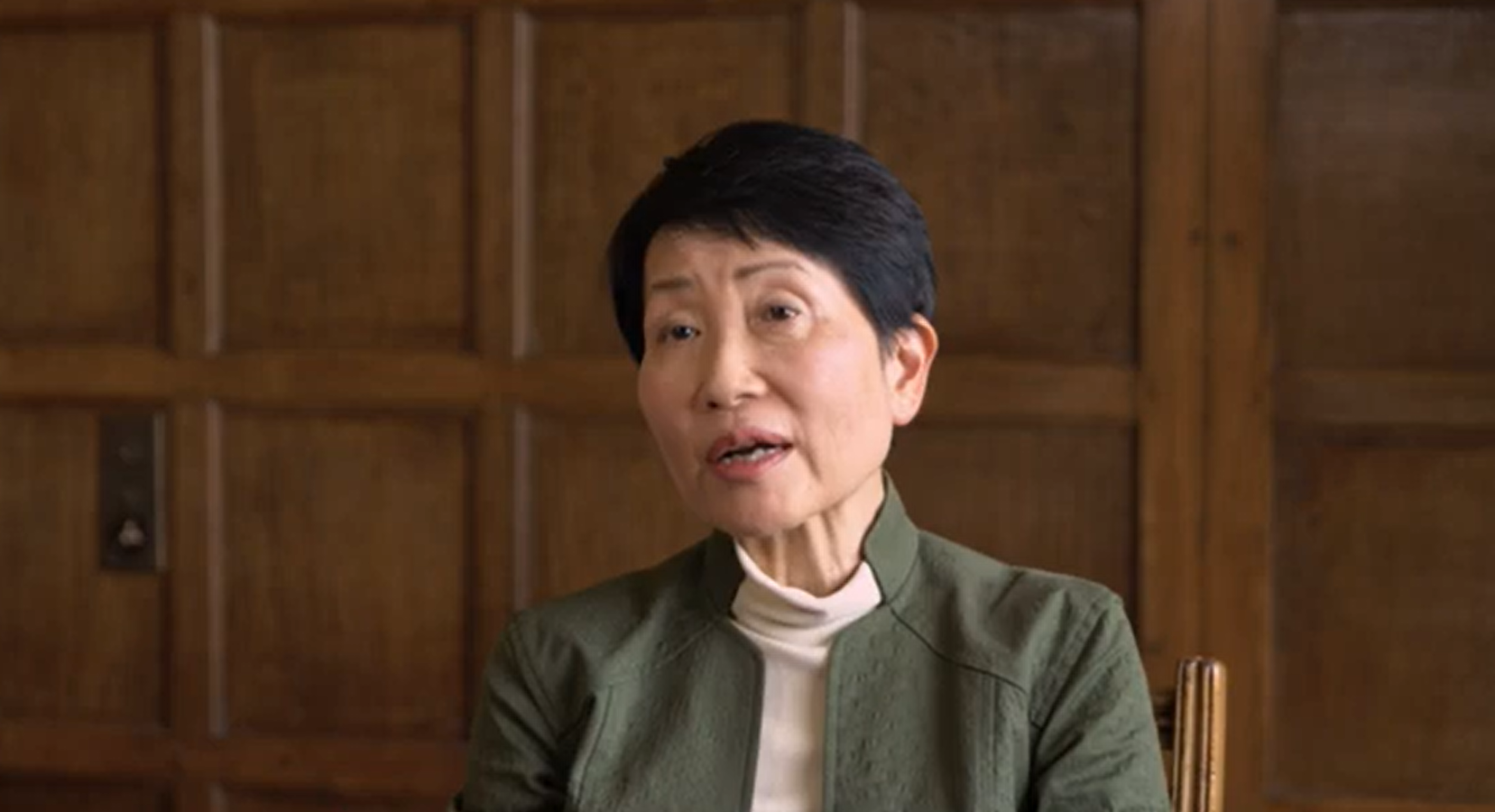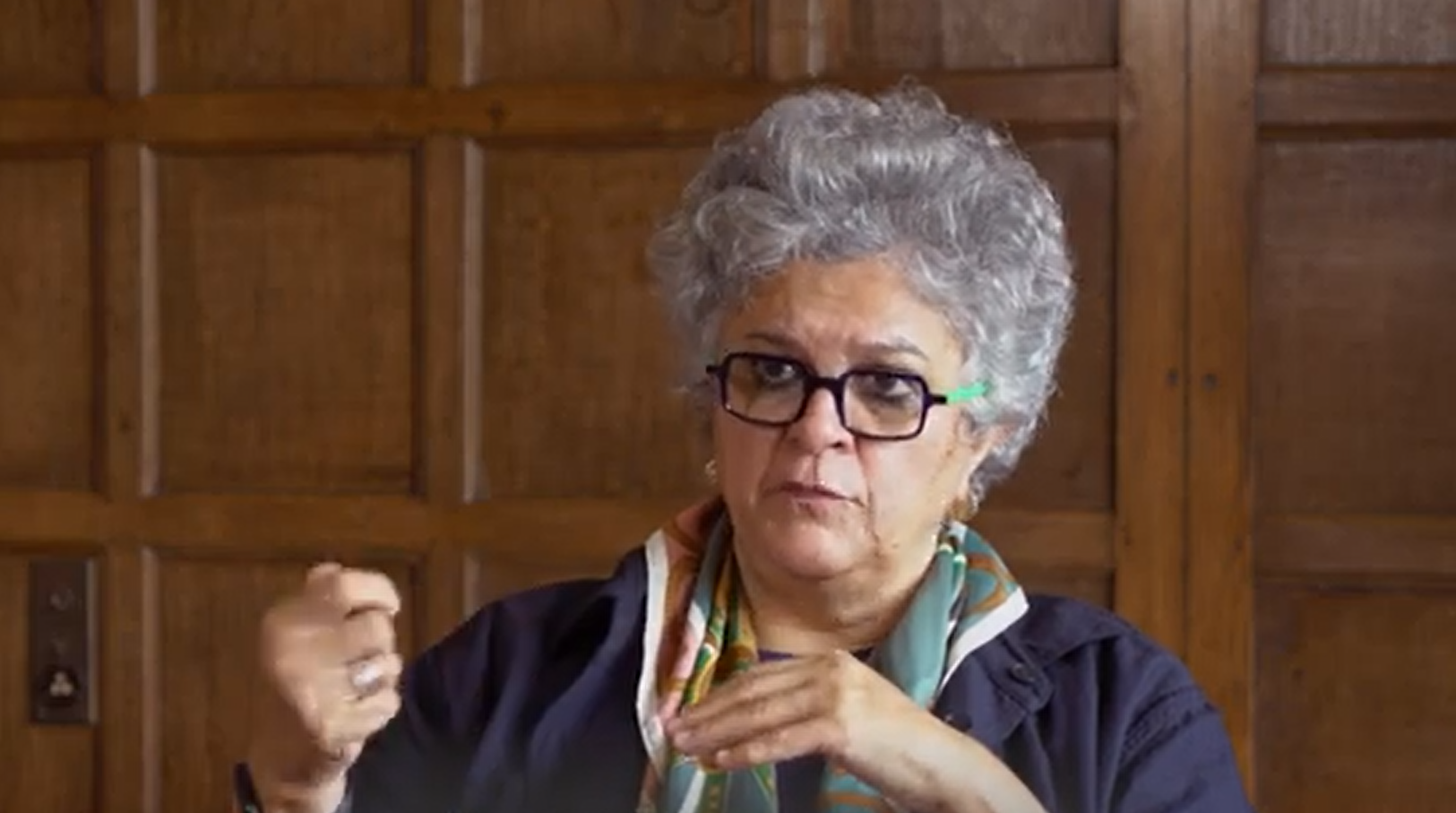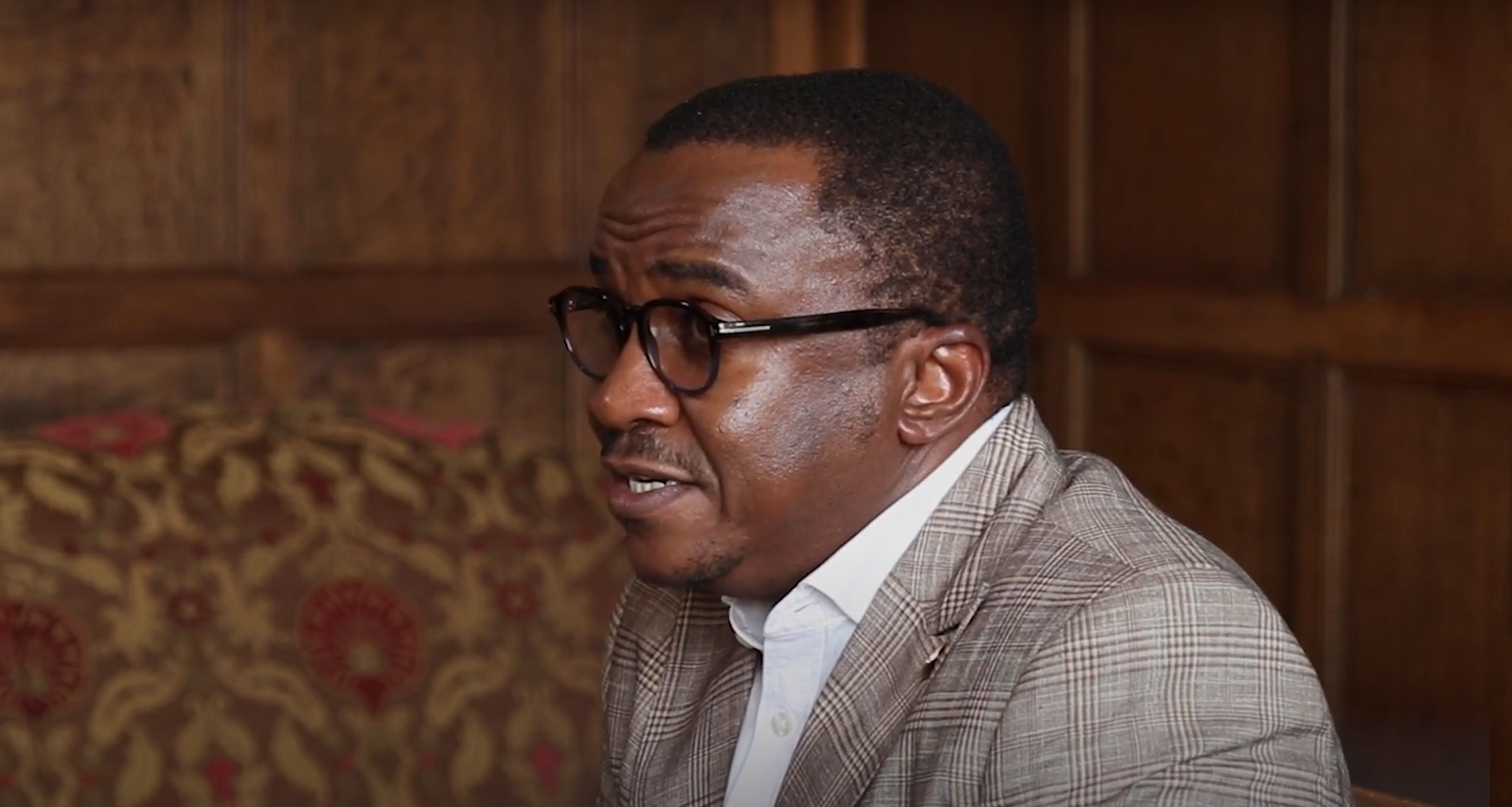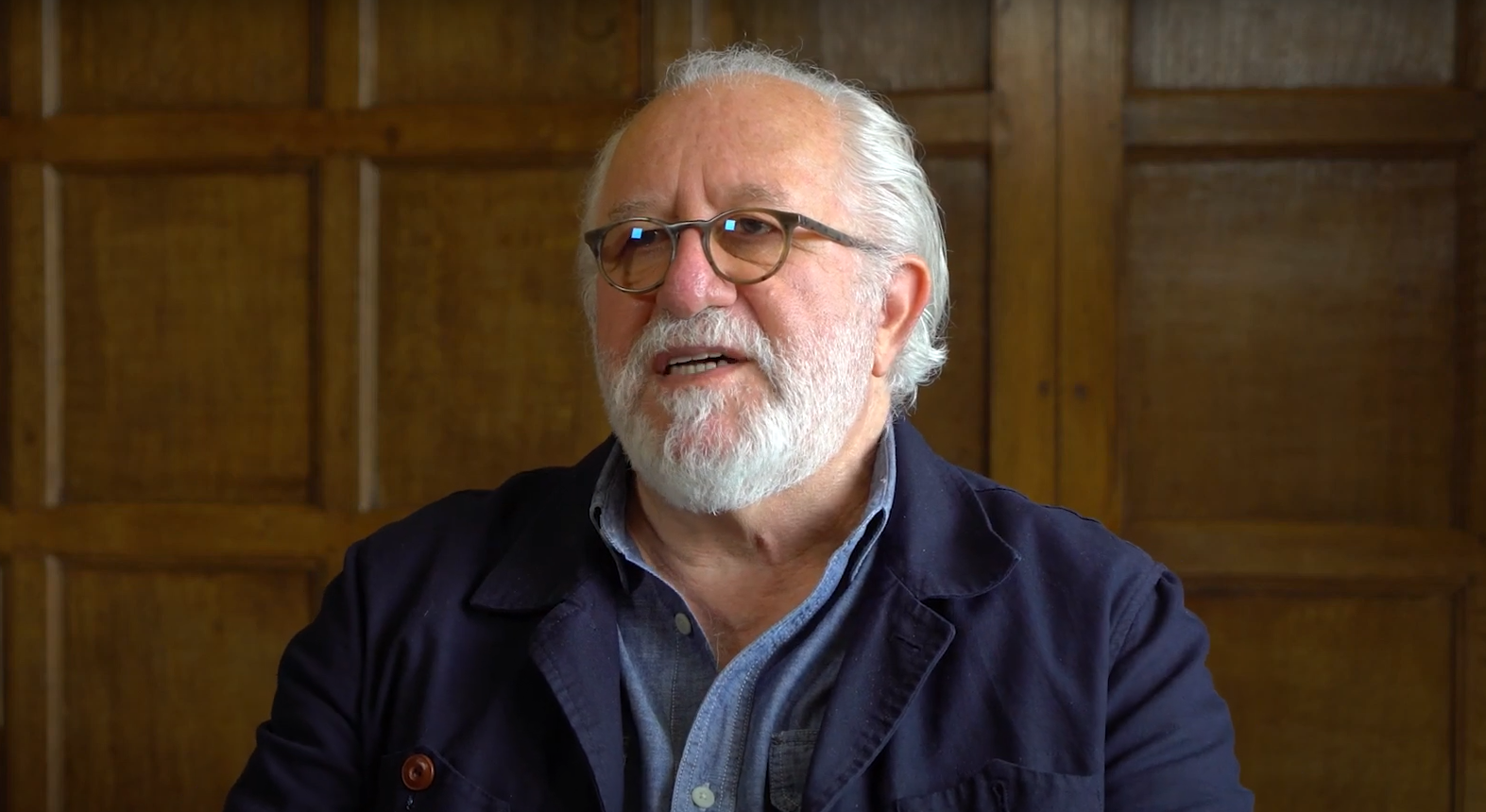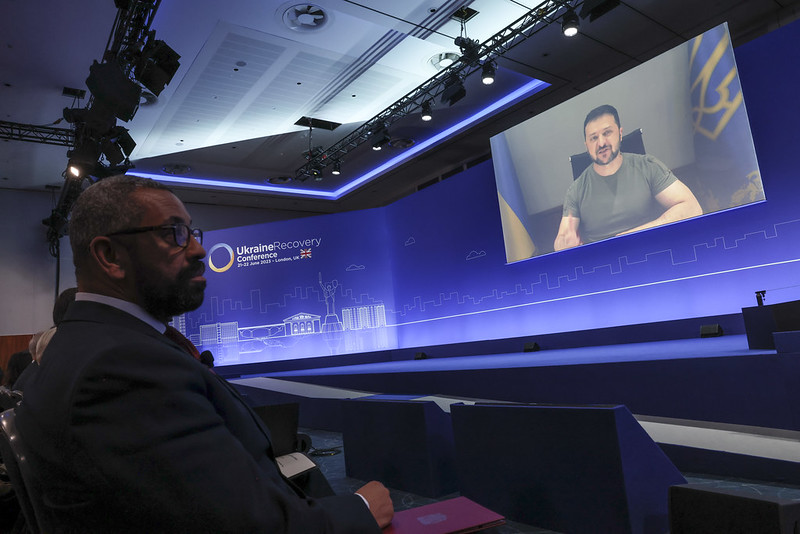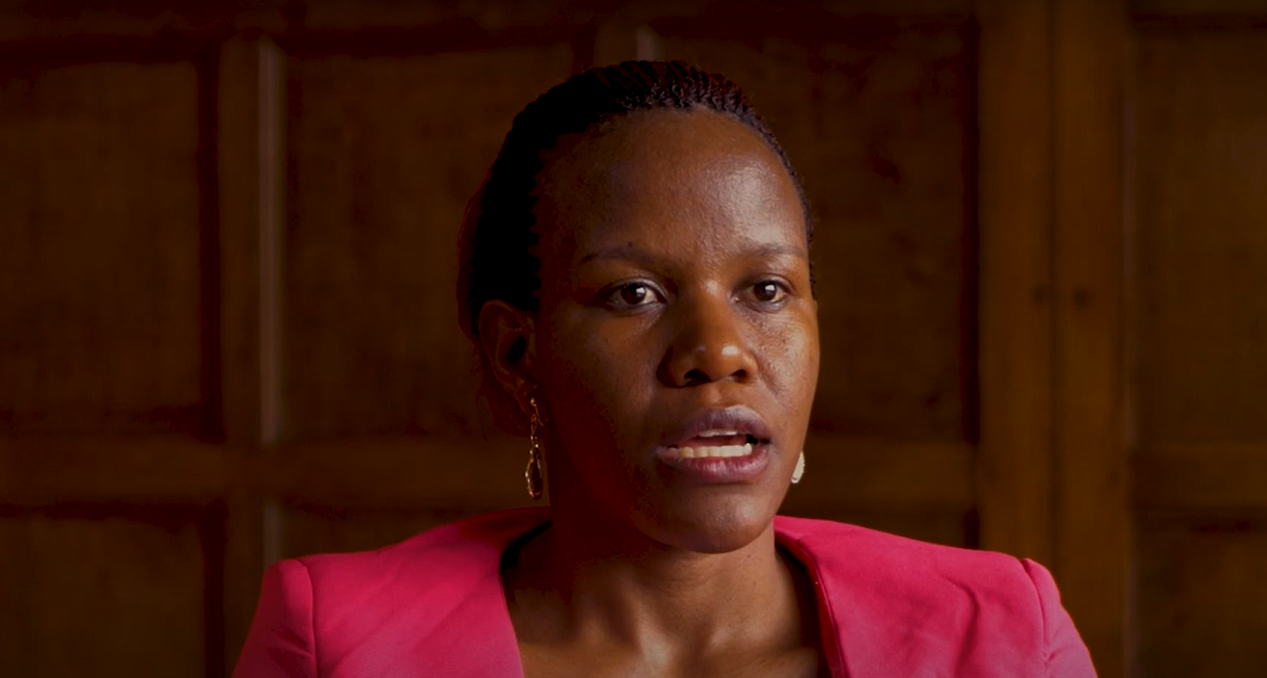The conference was held in the aftermath of the Georgia conflict which, inevitably, dominated much of the event Despite shock waves created by the clash, there was clear agreement that, on some issues at least, the US, Europe and Russia have to cooperate.
The global financial crisis, coming so soon after the Georgian fracas, had thrown this into clear relief. Such cooperation might take place on an adhoc basis. But the resumption of dialogue between NATO and Russia and of talks on an economic co-operation agreement between Russia and the EU illustrate a point frequently made that Russia and ’the West’ could not, indeed dared not, stand back to back for long.
Speakers:
- Grigory Karasin, Deputy Minister of Foreign Affairs of the Russian Federation,
- David Merkel, Deputy Assistant Secretary of State for European and Eurasian Affairs in the State Department Washington D.C.,
- Fr Vsevolod Chaplin, Deputy Chairman of the Department for External Church Relations in the Patriarchate of Moscow,
- Anatol Lieven, Chair of International Relations and Terrorism Studies at King’s College, London and Senior Fellow of the New America Foundation in Washington DC,
- Bobo Lo, Director of Russia and China Programmes at the Centre for European Reform, London
- Michael Davenport, Director of the Russia, South Caucasus and Central Asia Directorate in the Foreign and Commonwealth Office, London
The West (for want of a better term) has no alternative but to work with Russia. Global challenges such as Iranian nuclear arms development, arms control issues, energy supply, conflicts (hot and frozen), climate change, and the world credit and economic crisis all have to be tackled in the context of some sort of relationship with Russia. Russia’s status as a permanent member of the UN Security Council also makes it an essential interlocutor.
Defining the precise nature of the relationship generates less straightforward answers. It is likely to continue to be pragmatic but at times prickly. The concept of ‘strategic partnership’, devised by Russian policymakers a few years ago and echoed, to some extent, by western leaders, when Russia was much weaker was thought to be dead.

